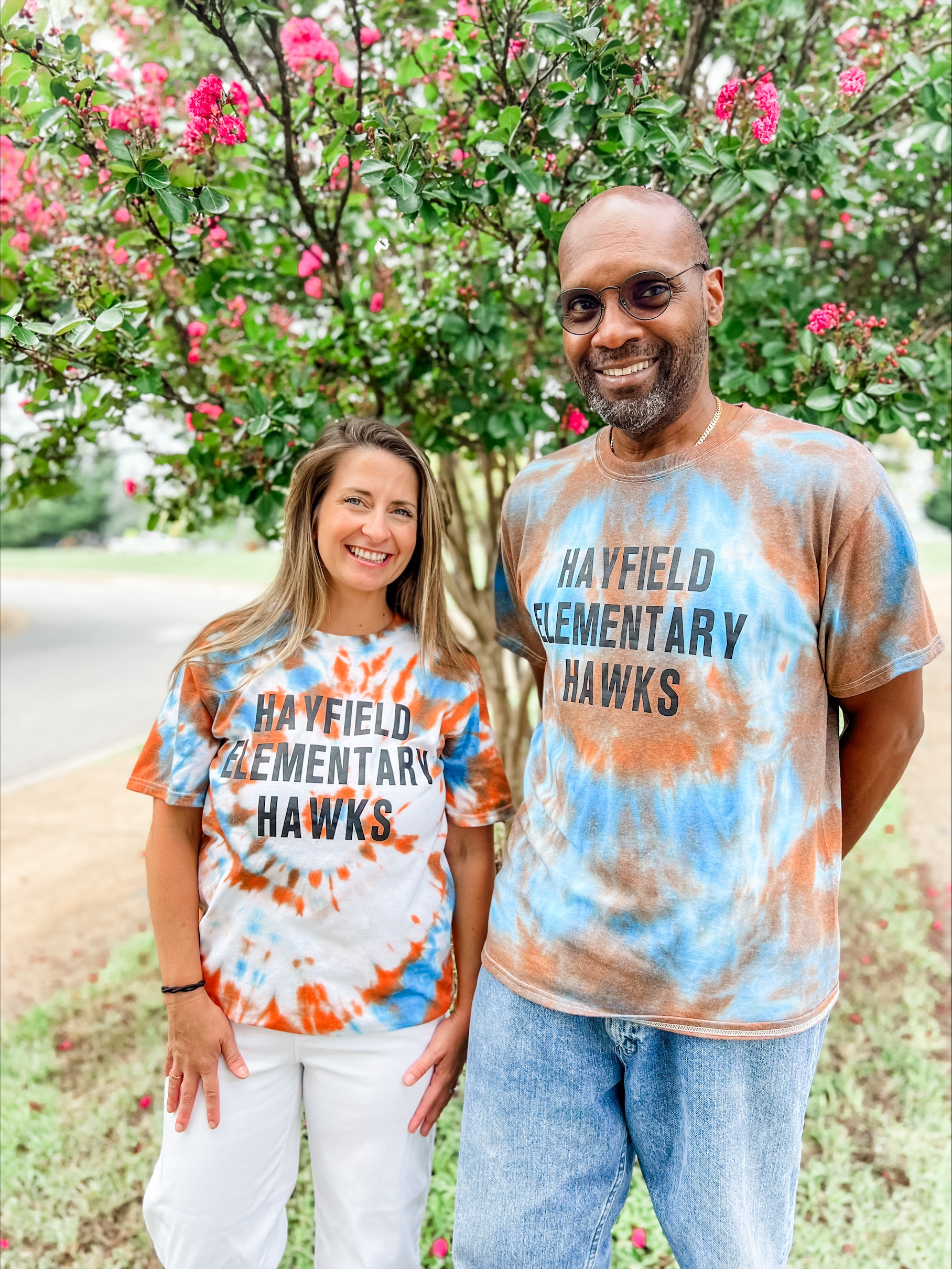School Counseling
Meet our school counselors, school psychologist, and social worker and learn about our school counseling program
Mission Statement
As professional school counselors, we are an integral part of the total school program, providing direct support to students, parents, and educational staff to promote a positive school environment. The primary goal of the school counseling program is to support the success of all students by providing academic, college and career, and personal/social counseling. School counselors help build a foundation for learning while supporting student’s achievement and post-secondary goals. Student counseling (individual or in small groups), parent and staff consultation, and classroom guidance instruction are interventions used to promote positive adjustment and to assist in maximizing each student’s potential.
Vision Statement
Creating a collaborative culture of global thinkers and learners through a comprehensive and data-driven school counseling program based on the ASCA (American School Counselor Association) model.
Philosophy Statement
As professional school counselors we believe:
- All students can learn and should be given the opportunity to do so.
- Learning involves the whole person and a counseling program will address the academic, emotional, and social needs of students.
- The school counseling program should consider students’ ethnic, racial and special needs.
- The school counseling program should be data driven. Date will be used in assessing the needs and effectiveness of the school counseling program and will drive future program development and evaluation.
- School counselors will abide by the professional school counseling ethics as advocated by ASCA.
The counselors help students through individual, small group, and classroom guidance.
Individual Counseling
Students may meet with the counselor to discuss academic, social, or emotional concerns on a one-on-one basis by referral. We attempt to avoid scheduling students during academic conflicts.
Classroom Guidance
Classroom guidance is a planned, developmental, program aligned with FCPS, SOL, and American School Counselor Association (ASCA) standards. Lessons are designed to foster students' academic, career, and personal/social development. Our classroom guidance lessons focus on a variety of topics, including, bullying, conflict resolution, self concept/personal development, diversity, career development, and middle school transition to name a few.
Group Counseling
Students meet with peers experiencing similar concerns or academic issues in order to learn effective strategies. Students are referred by parents or teachers. We attempt to avoid scheduling groups during academic conflicts. Group topics focus on a variety of topics, including, changing families, military families, friendship, grief, and girl power to name a few.
How Students Can Be Referred to a Counselor
Parent Referral
Any time during the school year, a parent may contact the school counselor in order to refer his/her child for counseling services. When is it appropriate to contact your child’s School Counselor? When you have concerns about...
- classroom performance
- family changes (moving, death, divorce, or separation)
- home stress
- parenting
- classroom behavior
- sudden change in child's behavior
- peer relations
- etc.
Teacher Referral
Teachers may refer students who have been approved by parents for counseling services, in order to address any concerns that are hindering success in the classroom.
Student Self Referral
Students may ask to see the school counselor at any time to discuss concerns by asking their teachers or stopping by the counseling office.
FCPS Support Links for Parents/Families
Outside Supports for Parents/Families
Schedule a Check-In with Your Counselor
Schedule a check in with your counselor
Use this google form to let your school counselor know that you would like to talk them! Your counselor will contact your or your parents to set up a virtual meeting.
New Offerings at Neighborhood and Community Services of Fairfax County
In response to the COVID-19 pandemic, the Fairfax County government’s Department of Neighborhood and Community Services (NCS) is offering two programs to support parents, guardians, and students in distance learning.
Parent Connect provides in-person services for parents and guardians at NCS Community Centers and other community locations. Assistance includes support related to digital literacy and Internet access; support related to language barriers; and connection to county Health and Human Services resources, service navigation and referrals. Beginning today, Monday, September 28, these services are offered by appointment only Monday through Friday, 3-8 p.m., though times may vary by location.
NCS Connects: After School is a virtual platform providing programming for youth and teens Monday through Friday, 3-6 p.m. Virtual programs include academics (i.e., STEAM), family engagement, service learning, and youth leadership development.
Supporting Return to School Program Childcare Option
Looking for another childcare option during distance learning? The Fairfax County Government is offering a program called Supporting Students Return to School that is a full day option for FCPS students K-6 at a sliding scale cost for enrollment. Please see above for information. The locations are all at Fairfax County Public School sites.
Our School Counselors
- School Counselor, ES
- School Counselor, ES

School Psychology Services
School psychologists are mental health specialists with knowledge of child development, the psychology of learning, behavior management and intervention, monitoring the progress of students, and program evaluation. School psychologists apply this knowledge using a problem-solving approach to help bring about positive changes in the learning environment, attitude, and motivation. Services offered by the school psychologist may be provided directly to the student or indirectly by working with teachers, parents, and other care givers; however, all services provided by the school psychologist are intended to enhance the academic and social emotional success of students. Minimum requirements to be a school psychologist include a 60-hour master's degree program and a one-year full-time internship; many FCPS school psychologists hold doctoral degrees.
Our School Psychologist
- School Psychologist
Social Work and Support Services
School social workers focus on family and community factors that influence learning. They provide intensive services for students facing issues that pose risks to their academic success such as parent divorce and separation, poverty, truancy, chronic illness, mental health problems, conduct problems, child abuse, etc.
All FCPS social workers hold a Master of Social Work (MSW) or Master of Social Science (MSS) degree; many have earned a Doctorate of Social Work (DSW) degree. All school social workers are licensed by the Virginia Department of Education. The majority of the staff is clinically licensed by the Commonwealth of Virginia Board of Social Work (LCSW) or in other jurisdictions and trained to provide mental health services in any setting.

